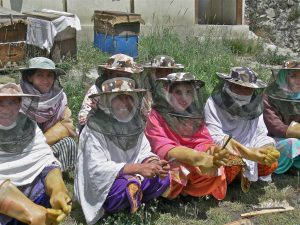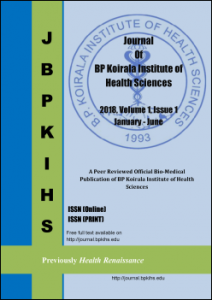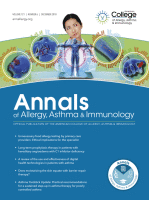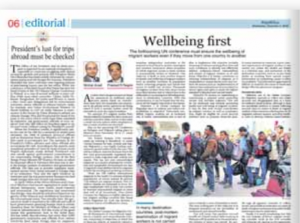Huge congratulations to our colleagues at neighbouring NHS Trusts, who have been shortlisted for a CRN Wessex Award!
The Wessex Awards comprises seven categories which celebrate those who have made outstanding contributions to the delivery of NIHR CRN portfolio studies. The categories are:
– Rising star
– Excellence in the delivery of commercial research studies
– Outstanding research professional
– Excellence in patient & public involvement & engagement
– Outstanding collaborative working
– Outstanding clinical trial support
– Outstanding research leaders
You can see the shortlist here.
Great to see those we work with closely being appreciated for their hard work. Congratulations again!

















 Read and sign up to BU’s Policy Influence Digest
Read and sign up to BU’s Policy Influence Digest Upcoming opportunities for PGRs – collaborate externally
Upcoming opportunities for PGRs – collaborate externally BU involved in new MRF dissemination grant
BU involved in new MRF dissemination grant New COVID-19 publication
New COVID-19 publication MSCA Postdoctoral Fellowships 2024
MSCA Postdoctoral Fellowships 2024 Horizon Europe News – December 2023
Horizon Europe News – December 2023